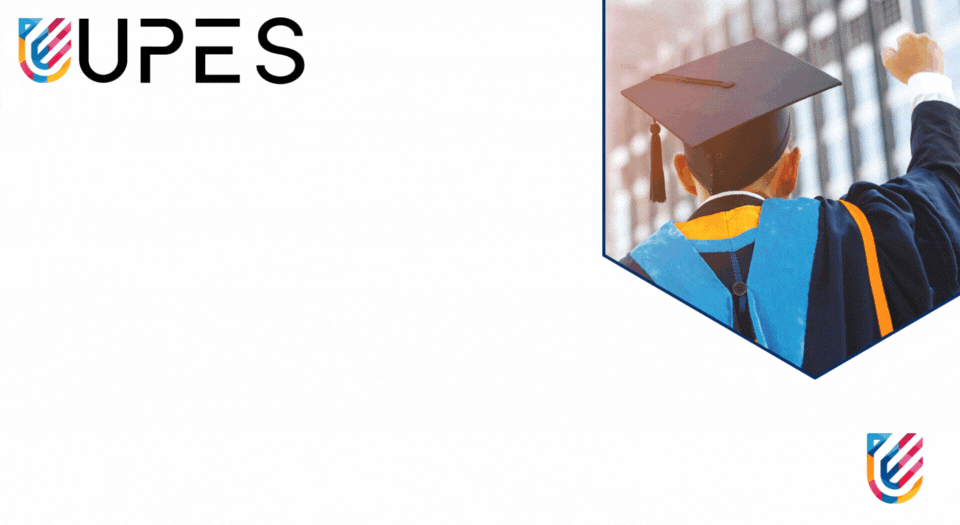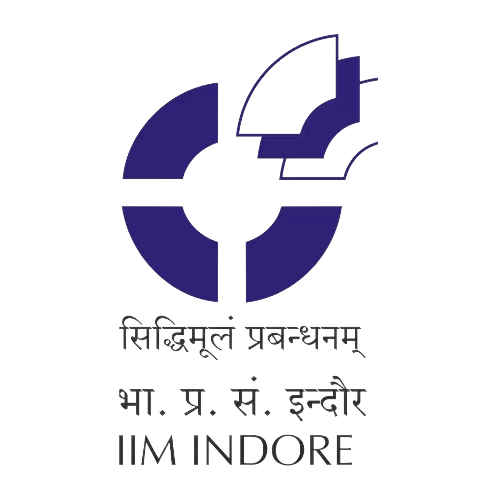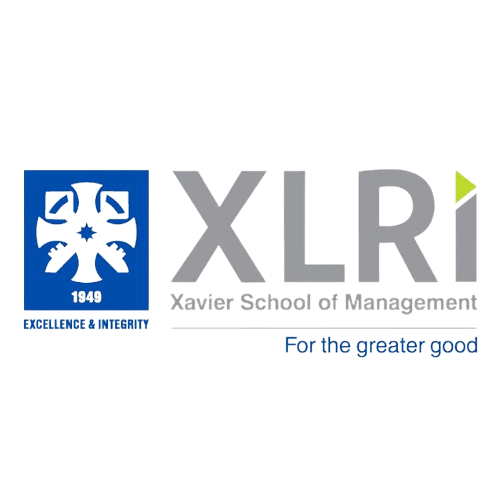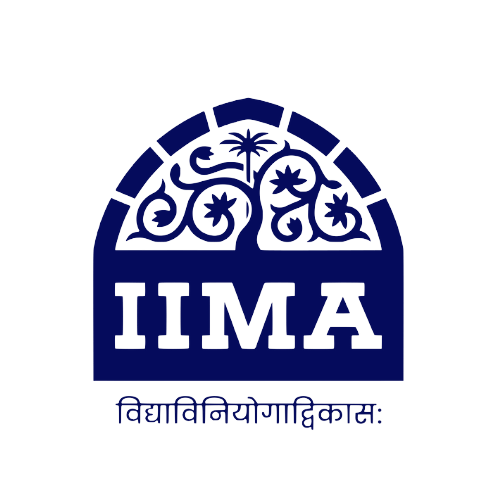Table of Contents
TANCET Syllabus
Along with the advertisement, the TANCET curriculum is prescribed by Anna University, which is the organisation in charge of administering the test. The themes and subtopics that will be included under each area of the TANCET 2023 exam will be outlined in the syllabus. The TANCET curriculum is, for the most part, the same from year to year. The topics that are included in the TANCET MBA syllabus are broken up into five different areas. These sections are Business Analysis, Reading Comprehension and Verbal Ability, Quantitative Aptitude, Data Sufficiency, and General English. The majority of the topics that are covered in the TANCET MBA syllabus are those that are covered in the course curriculum for classes 9 and 10. The TANCET test has a difficulty level that ranges from moderate to difficult. It is to be anticipated that both the TANCET exam syllabus for the year 2023 and the level of difficulty would be identical to those of the previous year.
The TANCET exam curriculum is made available on the official website of Anna University after it has been released. The TANCET curriculum differs for each of the following degrees: MBA, MCA, M.E./M.Tech., and M.Arch./M.Plan. Before taking the test, it is highly advised that you become well-versed in the entirety of the course curriculum.
In accordance with the TANCET Exam Pattern, the question paper for MBA and MCA consists of one hundred questions that must be answered within two hours.
The TANCET Syllabus for the MBA Exam is broken down into five different sections: Business Analysis, Reading Comprehension, Verbal Ability, Quantitative Aptitude, and Data Sufficiency.
The TANCET 2023 Syllabus for M.E., M.Tech., M.Arch., and M.Plan is broken up into three sections: engineering mathematics, basic engineering and sciences, and specific subjects that vary based on the programme.
The topics included in the TANCET MCA Syllabus 2023 come from the following four sections: quantitative aptitude, computer awareness, logical reasoning, and analytical reasoning.
TANCET 2023 MBA Syllabus
The TANCET 2023 MBA Syllabus will be broken up into four different divisions. The following is the MBA curriculum for the TANCET 2023 exam:
| Section | Important Topics |
|---|---|
| Business Analysis | There is no predefined syllabus. You will be given business situations in paragraph form, with a few questions |
| Reading Comprehension and Verbal Ability | Reading Comprehension, Synonyms, Antonyms, Fill in the blanks, Grammar, Vocabulary, Sentence Corrections, Idioms, Cloze Test, One Word Substitution, |
| Quantitative Aptitude | Number System, HCF LCM, Percentages, Ratios, Averages, Simple & Compound Interest, Profit & Loss, Time Speed & Distance, Time & Work, Mixtures & Allegations, Quadratic Equations, Linear Equations, Logarithms, Series and Progressions, Binomial Theorem, Surds & Indices, Functions, Inequalities, Modulus, Geometry, Mensuration, Trigonometry, Coordinate Geometry, Permutation & Combination, Probability, Set Theory |
| Data Sufficiency | There is no set syllabus. Number Systems, Arithmetic Topics, and Algebra. Questions on topics of Data Interpretation like Pie Chart, Line Graphs, Bar Graph, and Tables |
The TANCET MCA 2023
Quantitative Aptitude, Logical Reasoning, Analytical Reasoning, and Computer Awareness are the names of the four areas that will be included in the TANCET MCA exam. The following is a rundown of the course material for the TANCET MCA 2023 exam:
| Section | Important Topics |
|---|---|
| Quantitative Aptitude | Number System, HCF LCM, Percentages, Ratios, Averages, Simple & Compound Interest, Profit & Loss, Time Speed & Distance, Time & Work, Mixtures & Allegations, Quadratic Equations, Linear Equations, Logarithms, Series and Progressions, Binomial Theorem, Surds & Indices, Functions, Inequalities, Modulus, Geometry, Mensuration, Trigonometry, Coordinate Geometry, Permutation & Combination, Probability, Set Theory. |
| Analytical and Logical Reasoning | Linear and Circular Arrangements, Selections, Coding & Decoding, Direction Sense, Blood Relations, Series, Analogies, Decision Making, Binary Logic, Syllogisms, and Puzzles. |
| Computer Awareness | Computer Hardware, Controls, Basic Terminology, Internet & Protocols, Network Basics, Computer Abbreviations, Security Tools, Shortcuts, History of Computer, Memory, Computer Organization, Input-Output tools, Computer Architecture, Languages, and Algorithms. |
The TANCET Syllabus for the Masters in Engineering, Technology, Architecture, and Planning, 2023
The curricula for the degrees of Master of Engineering, Master of Technology, Master of Architecture, and Master of Planning will each follow a curriculum with a format that is very similar. There will be three distinct parts of the examination paper.
The first section of the exam will consist of twenty questions, all of which will be centred on the topic of engineering mathematics. This section of the paper would be the same across all four different classes.
The second section of the exam will have a total of 35 questions, all of which will be centred on the topic of Fundamental Engineering and Sciences. As was the case with Part I, each of the question papers for all 4 courses will be exactly the same for Part II.
There will be sixty questions in the third and final section of the test. The questions will be tailored to the individual applicant’s preferences. This section offers a total of 23 different topics from which to choose.
There is a positive marking of one point awarded for every correct answer, with a negative marking of one-third of a point deducted for each erroneous response. The amount of time allotted would be two hours.
Part I – Engineering Mathematics
| Topics | Sub-Topics |
|---|---|
| Calculus and Differential Equations | Partial Derivatives, Jacobians, Taylor’s Expansion, Maxima Minima, Formation of partial differential equations, Solution of a first-order partial differential equation, solution of a linear higher order partial differential equation with constant coefficients, Linear ordinary differential equations with constant coefficients, Simultaneous first-order linear equations with constant coefficients, |
| Transforms | Fourier Integral Theorem, Fourier Transform Pair, Sine and Cosine Transforms, Inverse Z Transform, Solution to different equations using Z Transform, Inverse Transform, Laplace Transform, Application to solution of Linear Ordinary Differential Equations with Constant Coefficients, |
| Functions of Complex Variables and Complex Integration | Analytic Functions, Conformal Mapping, Bilinear Transformation, Cauchy’s Integral Theorem and Integral Formula, Taylor and Laurent Series, Singularities, Residues, Residue Theorem & its Applications |
| Applied Probability | Probability and Random Variables, Standard Discrete & Continuous Distribution, Moments, Moment generating functions and their properties, Two-dimensional random variables, Co-variance, Correlation, and Regression. |
| Determinants and Matrices | Solving system of equations, Rank of Matrix, Eigenvalues & Eigenvectors, Reduction of Quadratic form into Canonical form |
| Vector Calculus | Double and Triple integrations and their applications, Gauss Divergence and Stroke’s Theorem |
| Numerical Methods | Solution of linear systems by direct and iterative methods, Interpolation and Approximation, Numerical Differentiation and Integration, Solving Ordinary Differential Equations |
Part II – Basic Engineering and Sciences
| Topic | Sub-Topics |
|---|---|
| Physics | Sound, Lattices, Ultrasonic Flaw Detector, X-ray radiography, Interference Fringes, Planck’s Quantum Theory, Laser and Fibre Optics |
| Chemistry | Adsorption, Chromatography, Chemical Kinetics, Electrochemistry, Spectroscopy, Fuels and Combustion. |
| Applied Mechanics | Law of Mechanics, Lame’s Theorem, Forces, Moments & Couples, Displacement Velocity & Acceleration, Friction, Moment of Inertia |
| Material Science | Conductor & Semiconductor materials, Ceramic & Super Conductor Materials, Fracture, Magnetic & Dielectric Materials |
| Mechanical Engineering | Law of Thermodynamics, Open & Closed Systems, Equation of State, Heat and Work |
| Civil Engineering | Fluid Statics & Dynamics, Boundary Layer, Pumps & Turbines, Environmental Pollution |
| Electrical Engineering | Ohm’s Law, Kirchoff’s Law, AC Circuits, DC Machines, Transformers, Synchronous Machines, Instrumentation |
| Computers | Computer Organization, Architecture, Arrays, Pointers, User Defined Functions, C-program |
Part III – Specialized Subject
The direction a candidate goes in during this portion of the TANCET is entirely up to them:
| Civil Engineering |
| Computer Science Engineering and Information Technology |
| Electrical and Electronics Engineering |
| Electronics and Communication Engineering |
| Mechanical Engineering |
| Aeronautical & Aerospace Engineering |
| Agriculture & Irrigation Engineering |
| Architecture |
| Automobile Engineering |
| Biomedical Engineering |
| Biotechnology |
| Chemical Engineering |
| Earth Sciences |
| Geo-Informatics |
| Leather Technology |
| Mathematics |
| Physics |
| Printing Technology |
| Production and Industrial Engineering |
| Social Sciences |
| Textile Engineering |
Books that are recommended to study from for the TANCET
- S. SAMBASIVAN and Dr D. ANTONY XAVIER’s TANCET MBA Superior Guide was recently published.
- R. S. Aggarwal’s Quantitative Aptitude for Competitive Examinations is the author of the book.
- The book Quantitative Aptitude was written by S.N. Jha.
- The Verbal and Non-Verbal Reasoning Test Compiled by Dr M.B.Lal and A.K. Singh
- Reasoning That Is Logical and Analytical, Compiled by A. K. Gupta
- Compendium of General English, Compiled by BB Jain, PhD.
- Author R.N. Singh’s New Pattern Tests of Objective English
Preparation for the TANCET Exam
The time required to prepare for the TANCET exam is typically between three and four months. Candidates must first devise a study strategy before moving on to other parts of the process. They should simultaneously go through the most important sections in the TANCET syllabus and practise taking mock exams. It is essential that these meetings be focused on achieving certain results. Candidates need to schedule different blocks of time in order to work through conceptual issues. Preparing for TANCET would not be a challenging endeavour for MBA applicants who are already preparing for other MBA entrance exams with a syllabus that is comparable to that of TANCET.
Read more
- Exam Date
- Eligibility Criteria
- Application Form
- Admit card
- Exam Centers
- Exam pattern
- Syllabus
- Result
- Counselling
- Book
- Previous Year Question Paper
- Answer Key
- Paper Analysis
- Preparation
- Cutoff
Frequently Asked Questions About TANCET 2023 Syllabus
Q. Which section has the highest weightage in the TANCET exam?
Ans. For MBA and MCA, every section will have equal marks while for ME/MTech/MArch/MPlan, the third section will carry 60 marks.
Q. Is there any sectional time limit for the TANCET exam?
Ans. No, there is no sectional time limit for the TANCET exam.
Q. How should we attempt the TANCET paper in the exam?
Ans. Candidates should first take a quick look at the question paper and then start with the section they are most confident about. It is advisable to not spend more than a minute on questions in the aptitude and reasoning sections.
Q. What kind of questions are asked in the ‘Analysis of Business Situations’ section?
Ans. This section evaluates the analytical skills of the candidate. They will be asked to analyse business situations by going through a paragraph. This will be followed by some questions.
Q. Are there two sections for English in the TANCET MBA exam?
Ans. Yes, there will be two sections dedicated to English In TANCET MBA – Reading Comprehension & Verbal Ability followed by General English which will evaluate the grammatical skill of the candidate.
Q. Who prescribes the TANCET syllabus?
Ans. The TANCET syllabus is prescribed by Anna University, Chennai, the conducting body of the exam.
Q. Which section in the TANCET exam is considered toughest?
Ans. The data Interpretation section is traditionally considered to be the toughest in the TANCET exam.
Q. Do I need to prepare for TANCET separately, if I am preparing for other MBA exams?
Ans. MBA aspirants need not prepare for TANCET specifically if they are preparing for exams like CAT, XAT or IIFT.
Q. Is Quantitative Aptitude part of both the MBA and MCA syllabus for the TANCET exam?
Ans. Yes, both MBA and MCA papers have Quantitative Aptitude as an important section.
Q. What is the ideal time to start TANCET preparation for MBA programmes?
Ans. Candidates should cover all the key topics under the TANCET syllabus at least three months before the exam.
Q. What are the major topics in the TANCET MBA syllabus for the Data Interpretation section?
Ans. The major topics for Data Interpretation include Pie charts, Line Graphs, Bar Graphs, and Tables. Major topics are Number systems, Arithmetic, and Algebra among others.
Q. What are the major topics in the TANCET MBA syllabus for General English?
Ans. The major topics for the General English syllabus include Tenses, Conditionals, Idioms, Phrases, One-word substitution, and Picking the odd man out among others.
Q. What are the major topics in the TANCET MBA syllabus for Reading Comprehension?
Ans. There is no defined syllabus for TANCET’s Reading Comprehension section. It will probably have passages based on current affairs, literature, and abstract topics.
Q. What kind of questions are usually asked in TANCET MBA’s DI section?
Ans. In TANCET MBA’s DI section, candidates will be required to answer core data-based questions as well as the ones based on statements and conclusions.
Q. Is General Knowledge also part of the TANCET syllabus?
Ans. No, General Knowledge is not a part of the TANCET syllabus.























